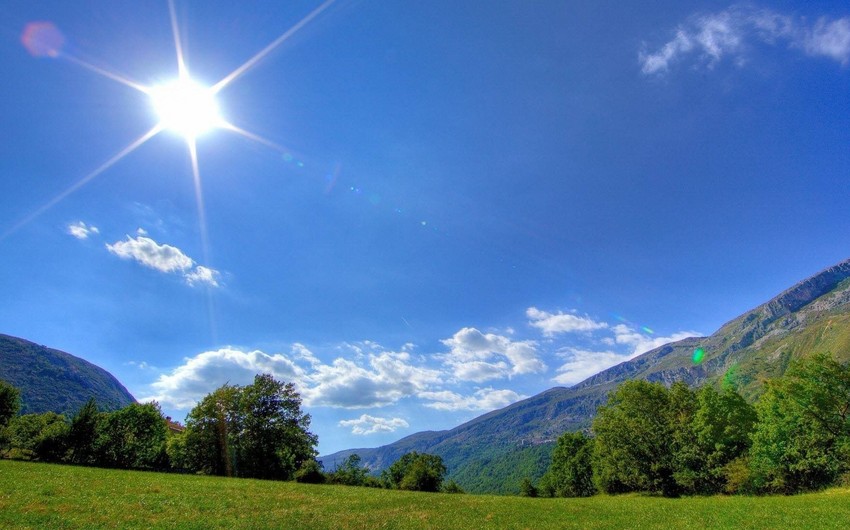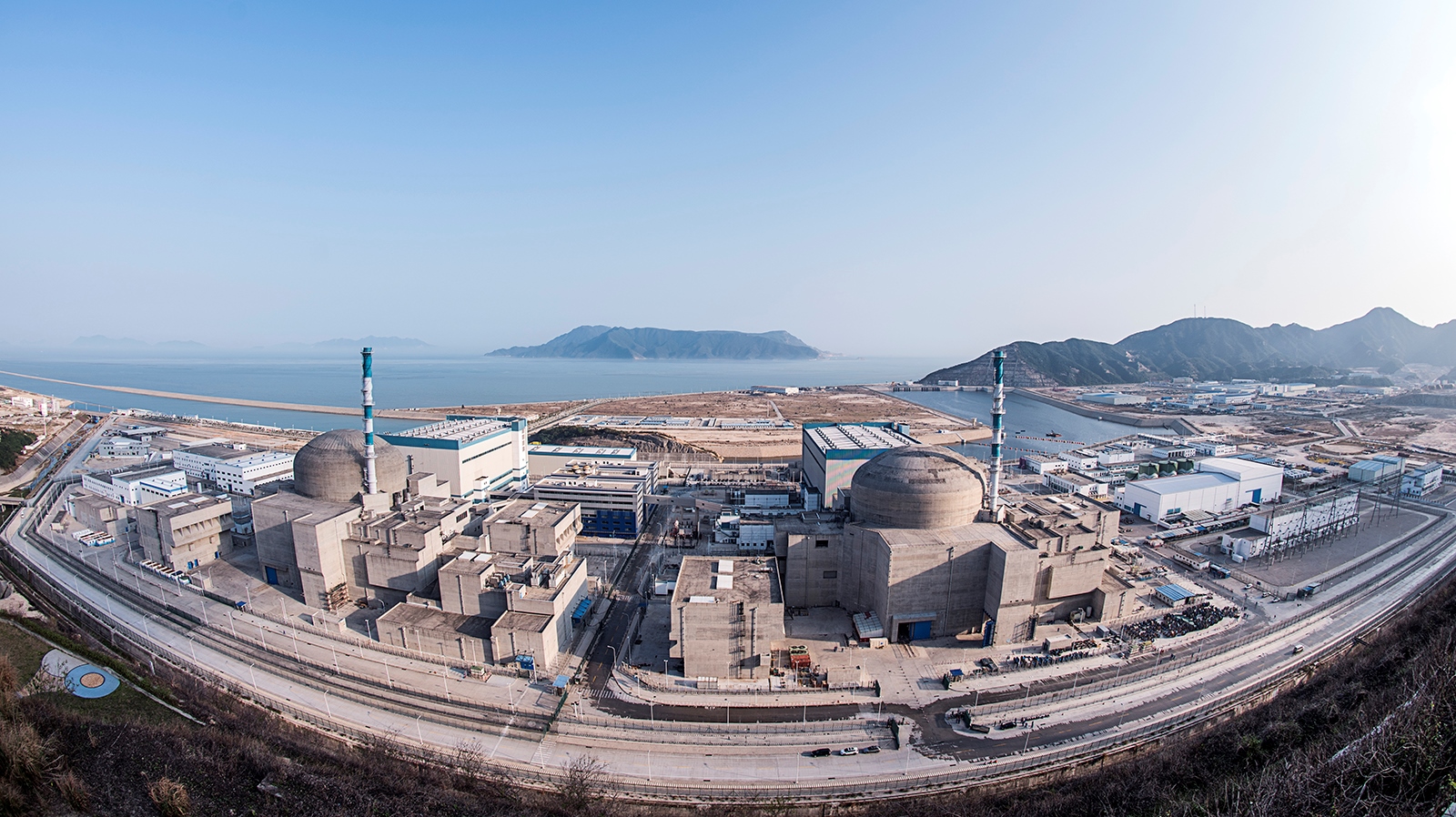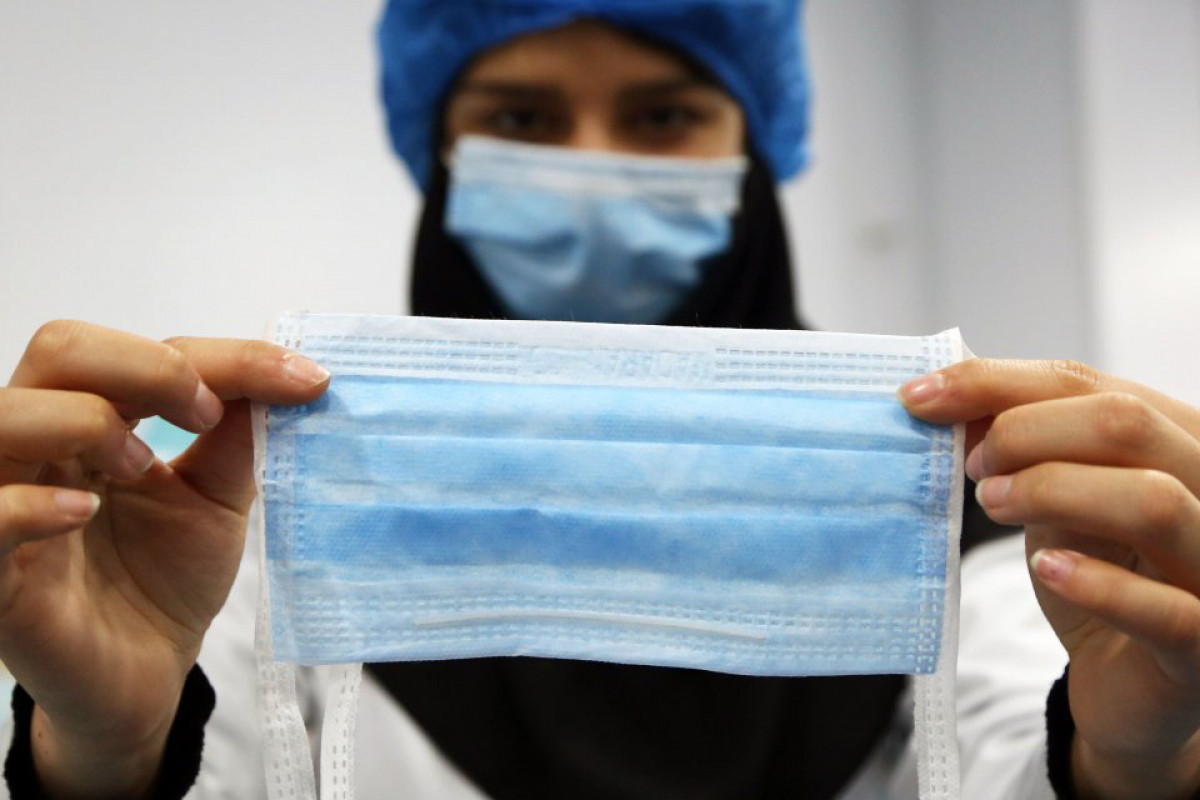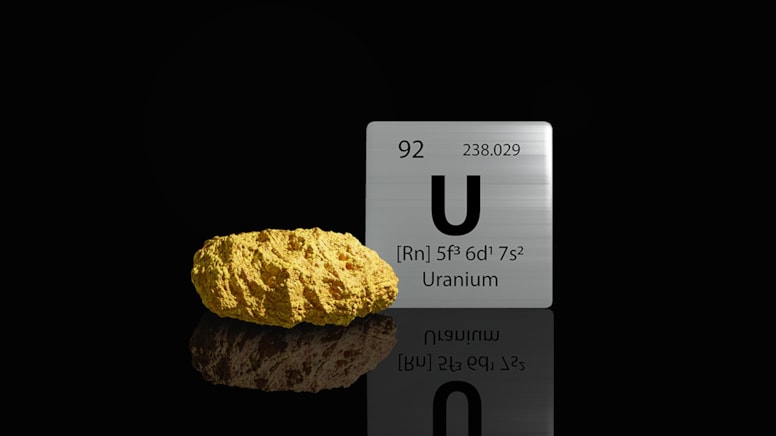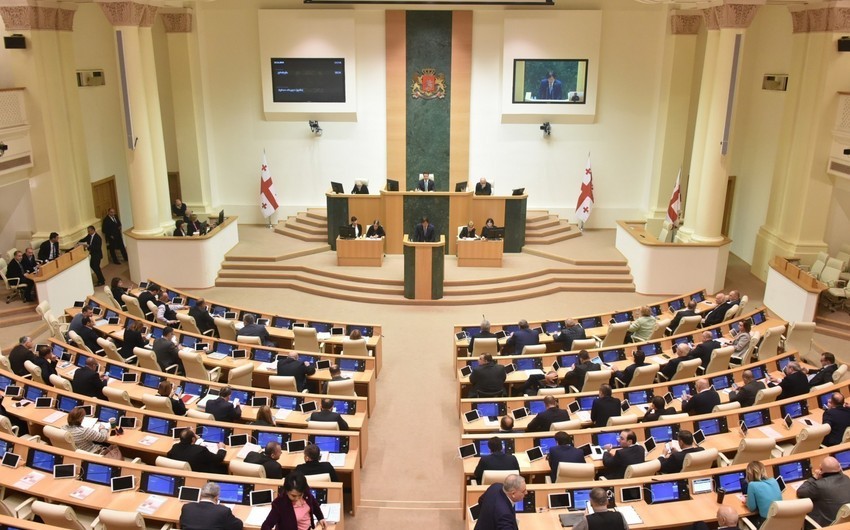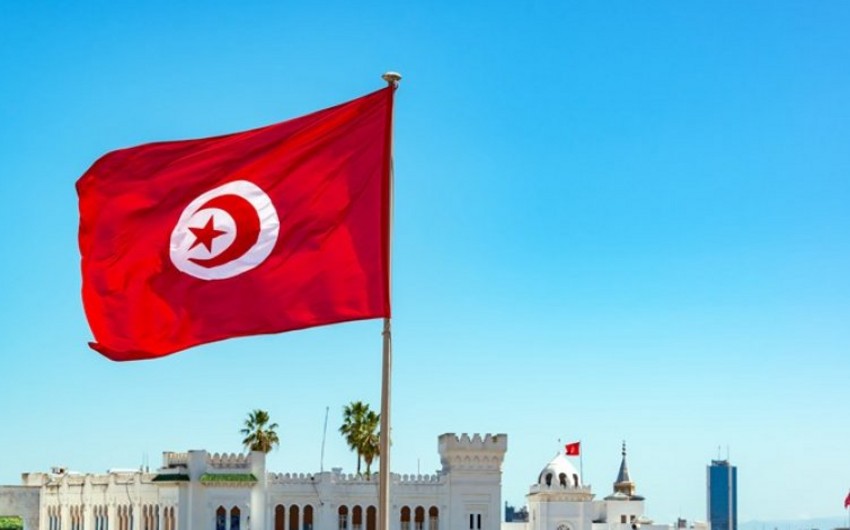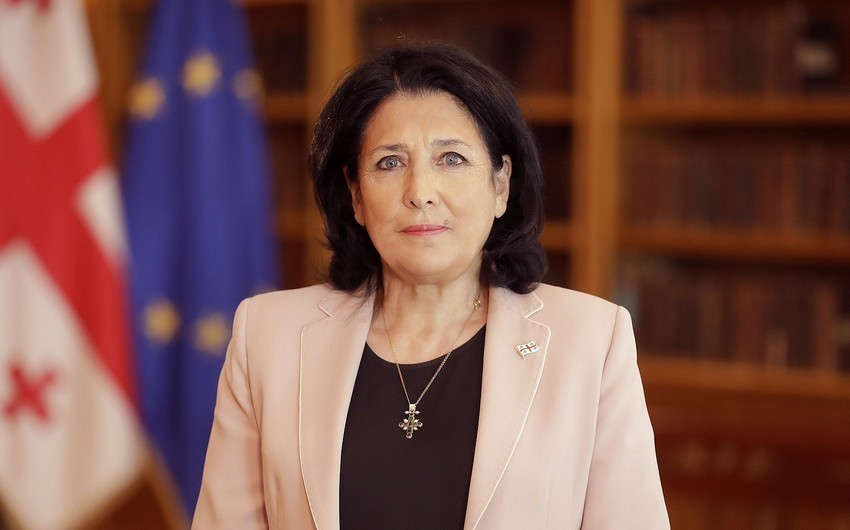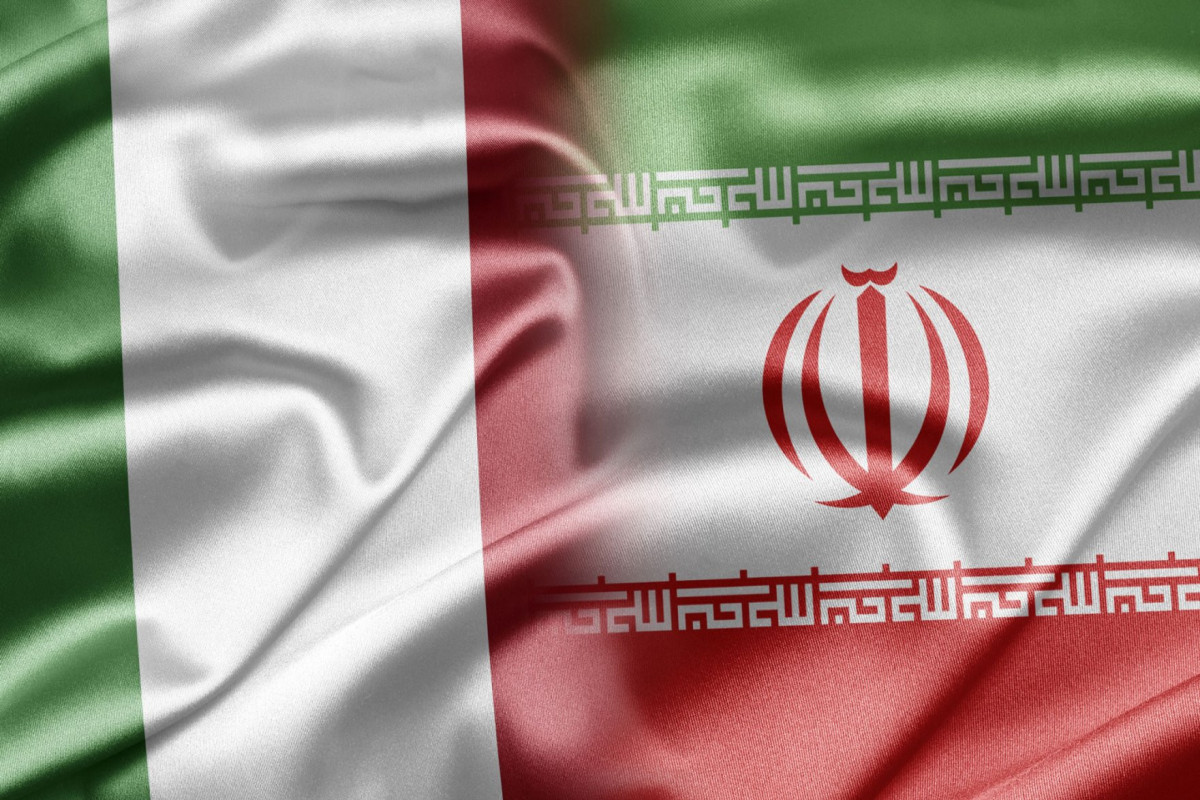Washington-based long-standing Eurasia observer, political analyst and writer Paul Goble commented on Eurasia Dairy's questions on the recent political and economic issues in the South Caucasus.
Eurasia Diary: Following collapse of the Soviet Union, the United States has reinstated to pursue diplomatic relations with South Caucasian countries-Azerbaijan, Armenia and Georgia. Since 1992, the leaders of the USA have been interested in developing robust and substantial cooperation with these countries. What can say about aspects of the foreign policy of the USA in the region of South Caucasus?
Paul Goble: American policy toward the three South Caucasus states has been highly specific, with its approach to each dictated both by specific national interests and specific domestic constituencies in the US. Toward Azerbaijan, Washington has pursued an oil-centric policy, driven by concerns over access to Azerbaijan’s enormous oil wealth and the interest among US economic elites of having access to it. Toward Armenia, the US policy has been shaped importantly by the large Armenian Diaspora in the US rather than a calculation of broader interests. And toward Georgia, Washington has focused on its remarkable revolutions and the support the leaders of these transformations enjoy within key American foreign policy elites. At the same time, Washington is very much concerned about ensuring an east-west flow of influence and oil across the region between Turkey and Central Asia and in preventing the region from becoming primarily a north-south axis for Russian influence to link up with Iran or other Middle Eastern states. Because of these multiple goals, US policy has frequently changed and often appeared to be internally inconsistent.
Eurasia Diary: The United States have had solid cultural diplomacy since the end of Cold war that it has already caused positive consequences are strengthening the strategic position of the America in Europe, the Middle East and Asia. How do you think, does cultural diplomacy of the USA to attain any success in The South Caucasus?
Paul Goble: To be a superpower means to have not only a powerful economy and a powerful military but also have an attractive model of social development that attracts others. For most of the last 25 years, the model has been attractive. America efforts to promote this image in South Caucasus, however, have been less than fully successful, in my view, often held hostage to other issues or the attitudes and policies of the three countries.
Eurasia Diary: There are three protracted, but frozen ethnic and territorial conflicts in South Caucasus, such as Armenia-Azerbaijan conflict over Nagorno-Karabakh, also Georgian-Ossetia-Abkhazia conflict. From your opinion, what main policies should be carried out in order to promote the settlement of all conflicts and, encourage all ethnic and religious communities to come under peace?
Paul Goble: These conflicts can only be solved when the immediate participants can talk to each other directly rather than as proxies for others. Unfortunately, in all three of these conflicts, outside groups, not least of which is the Russian Federation, do not want a settlement. Indeed, when one appeared close in the Karabakh dispute after the Key West meeting, Moscow did everything to torpedo further progress. The Minsk Group thus is unlikely to work: it is always be a process but it is unlikely to bring peace. The reality is this. All the countries in the region would benefit from a settlement, even one in which they had to sacrifice key interests. That is something most understand but cannot act upon because of these outside players.
Eurasia Diary: In Armenia, long-term government was led by Karabakh clan was overthrown by revolution, as result new opposition leader came to power. Some experts in Russia, Turkey and Azerbaijan have speculation that West was behind revolution in Armenia. What is your political view concerning recent processes in Armenia?
Paul Goble: In my view, the West played no role in the Armenian events. These were remarkably spontaneous. Whether Pashinyan can remain as independent as he has presented himself, however, is very much an open question. So far, he has checkmated the old Karabakh clan by taking an even harder position on Karabakh than its members have in recent times. Again, how long that can last is unclear. My guess is that he believes he will rise or fall on domestic affairs and will simply stake out ideological positions on foreign ones. But that is not necessarily a winning formula for a country that is as dependent on outsiders as Armenia is.
Eurasia Diary: How can you appreciate the role of South Caucasus in the corridor between East and West which is necessary to Europe in areas of economy, energy and transportation?
Paul Goble: The South Caucasus is increasingly important to Europe albeit somewhat less so to the Untied States as an energy conduit. That should mean that European countries will work harder to resolve the conflicts in region that Moscow has used in order to block the development of a stable east-west corridor. Russia and Iran, of course, will respond, preferring that the Caucasus be a north-south corridor instead. The next year promises to be interesting, and one hopes both Europe and the US will increase their attention to the region.
Yunis Abdullayev

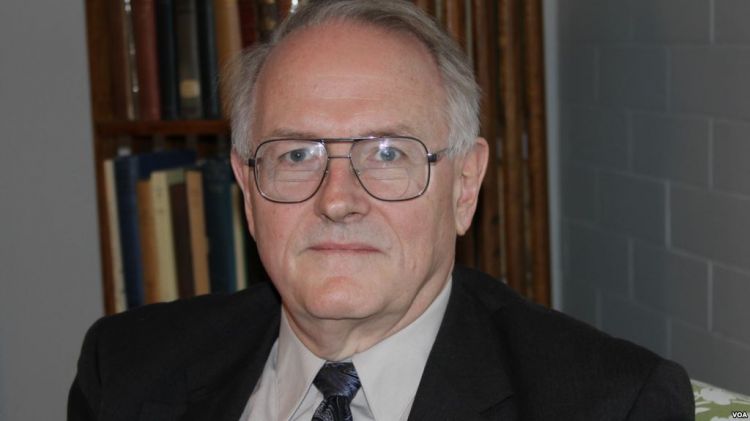

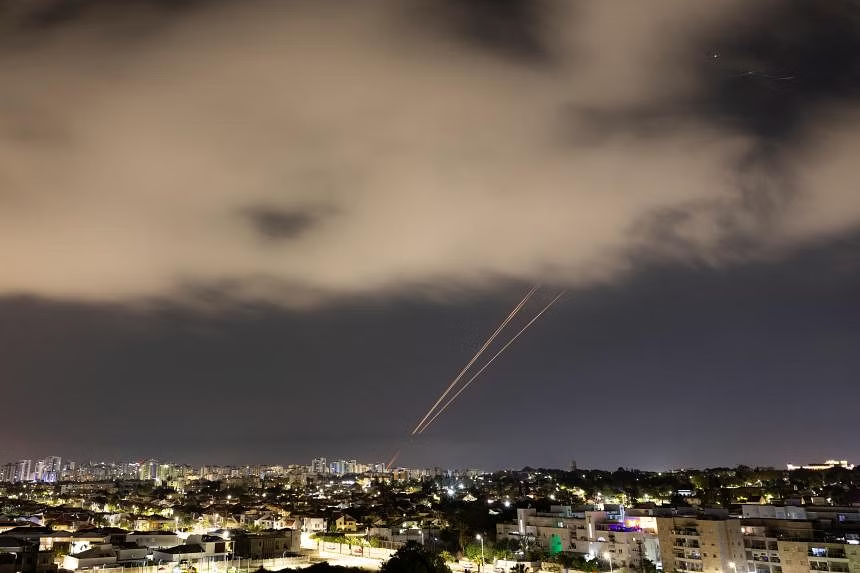
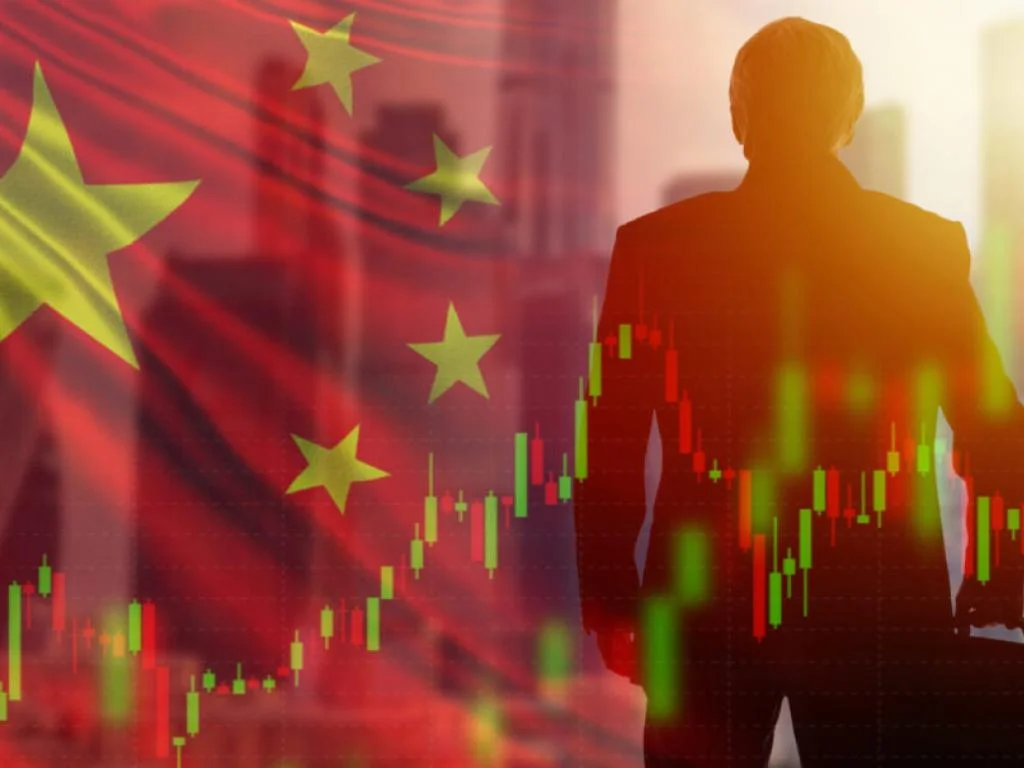
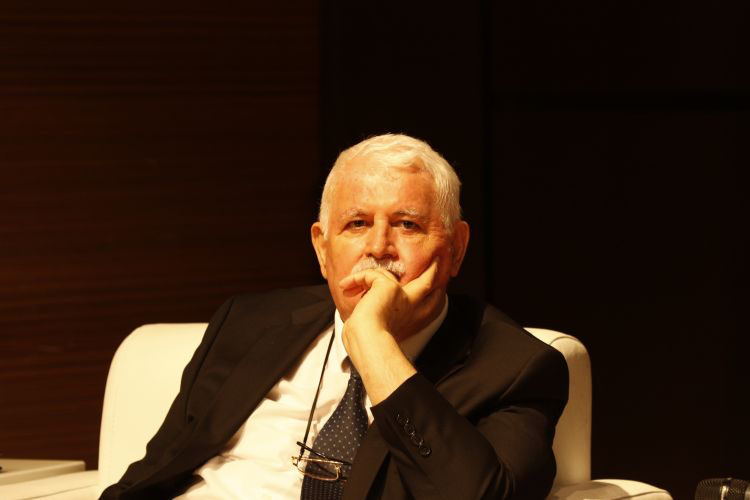


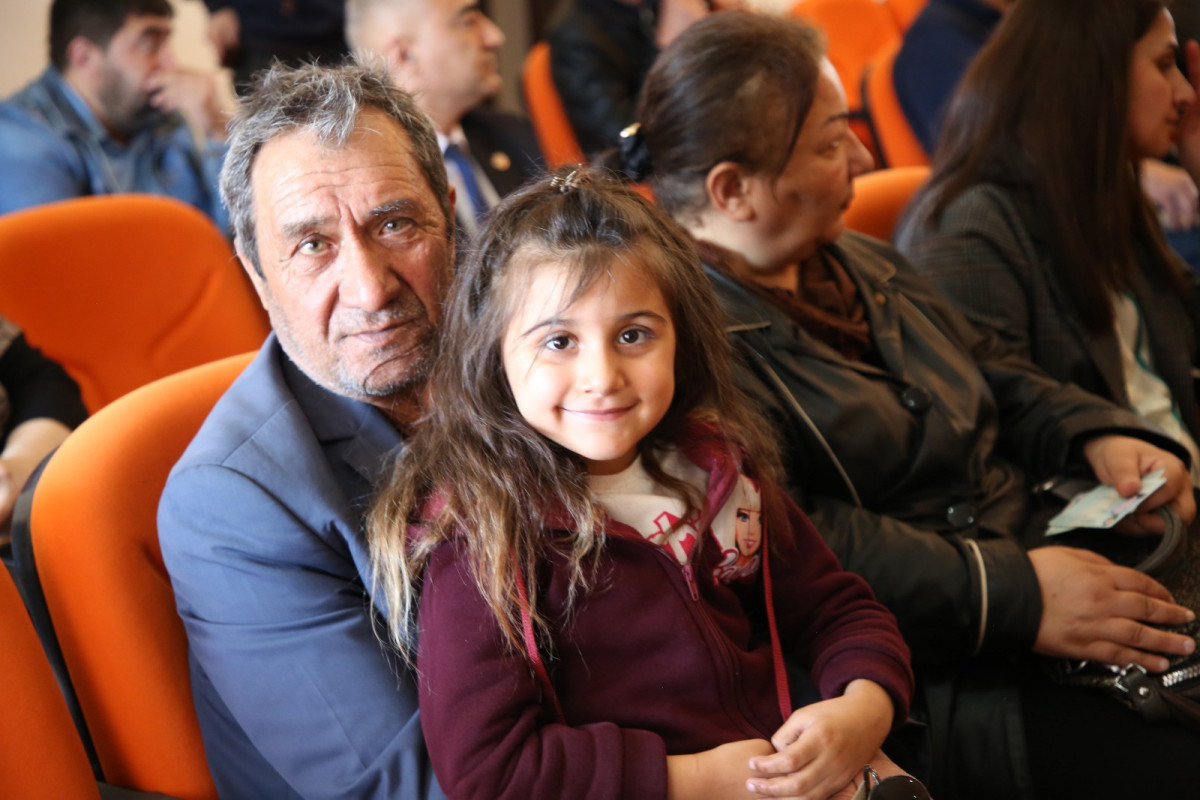
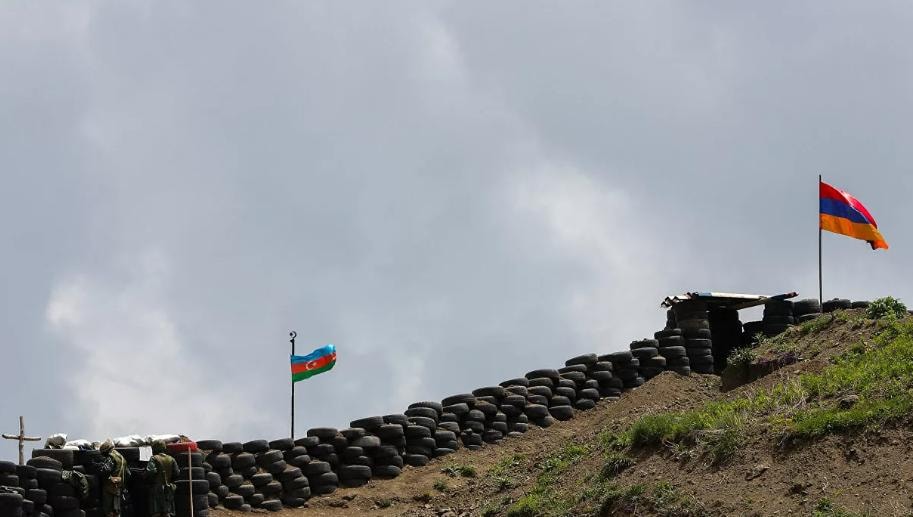
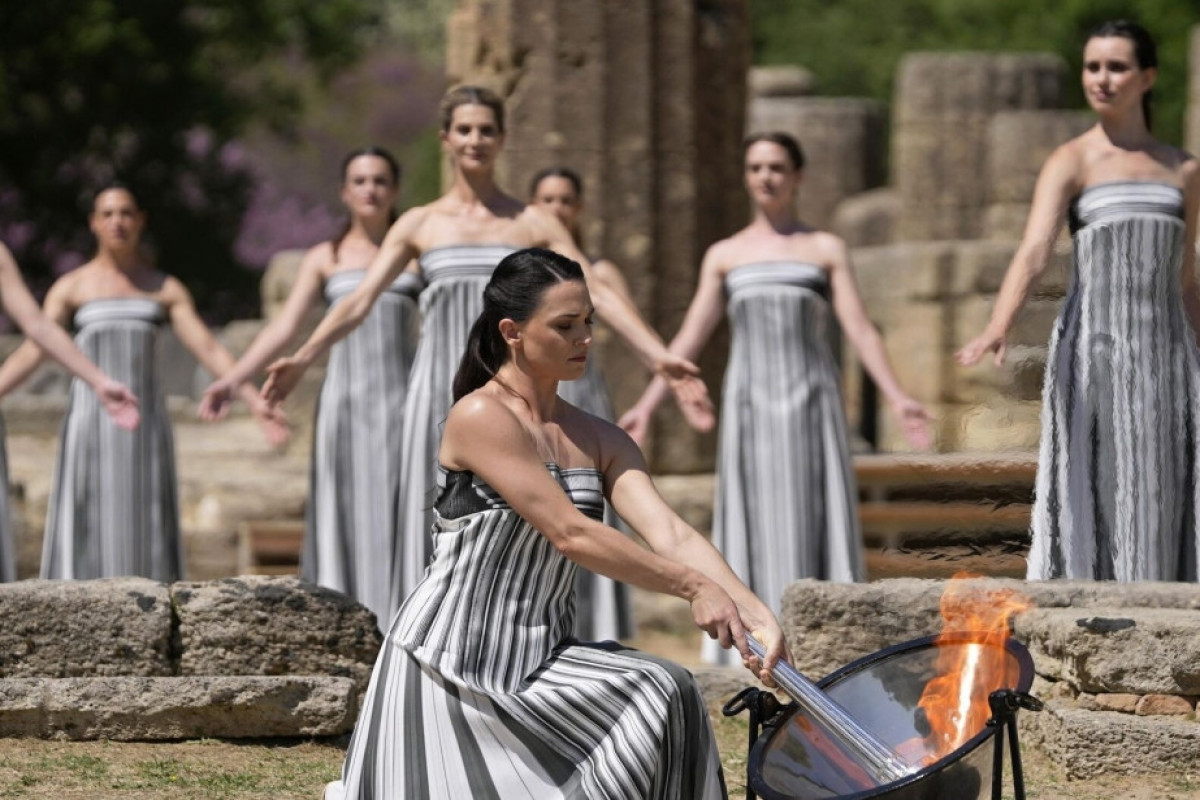
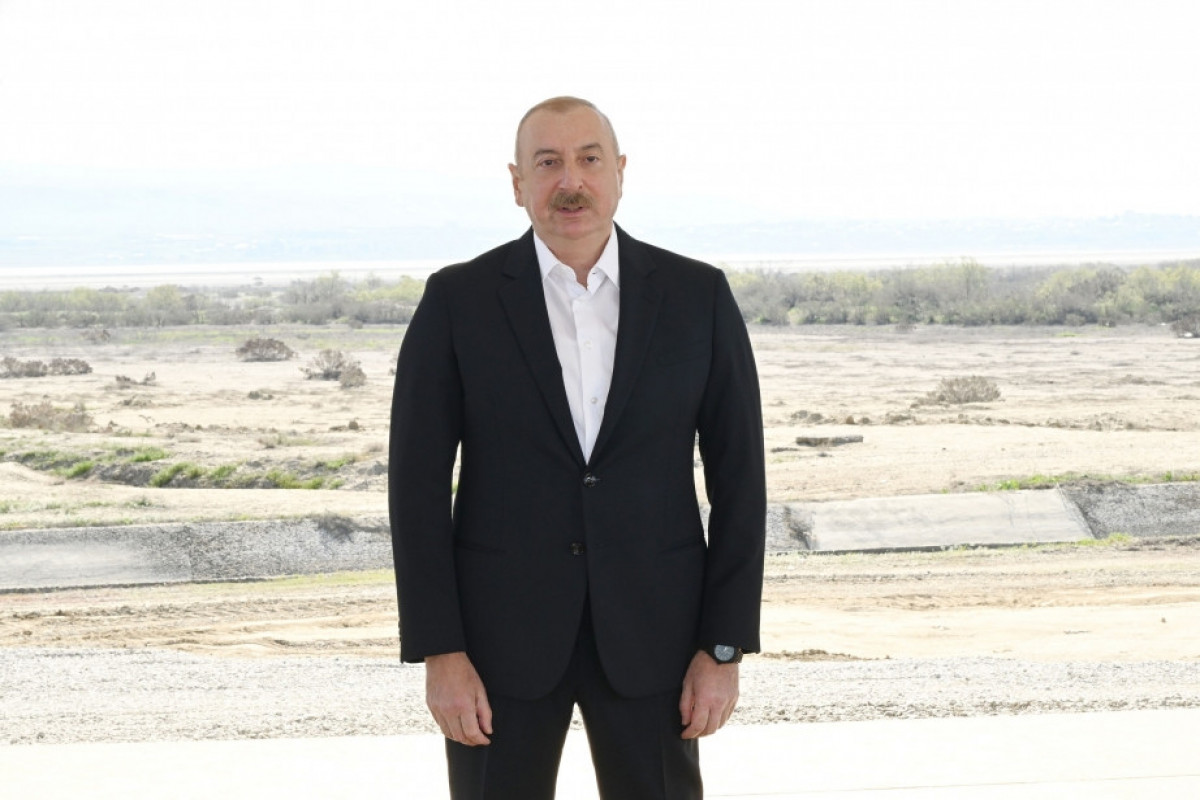
.jpg)
